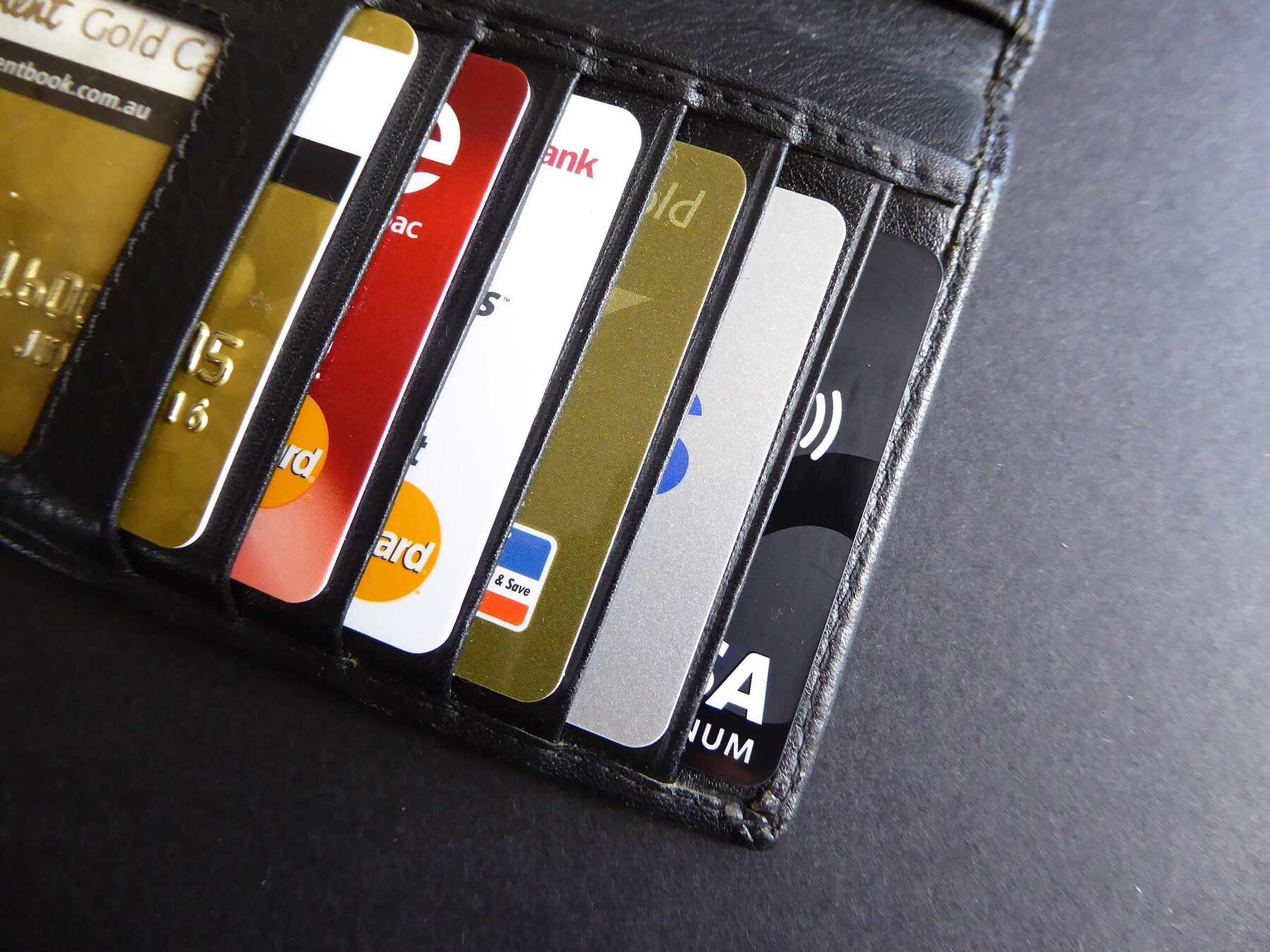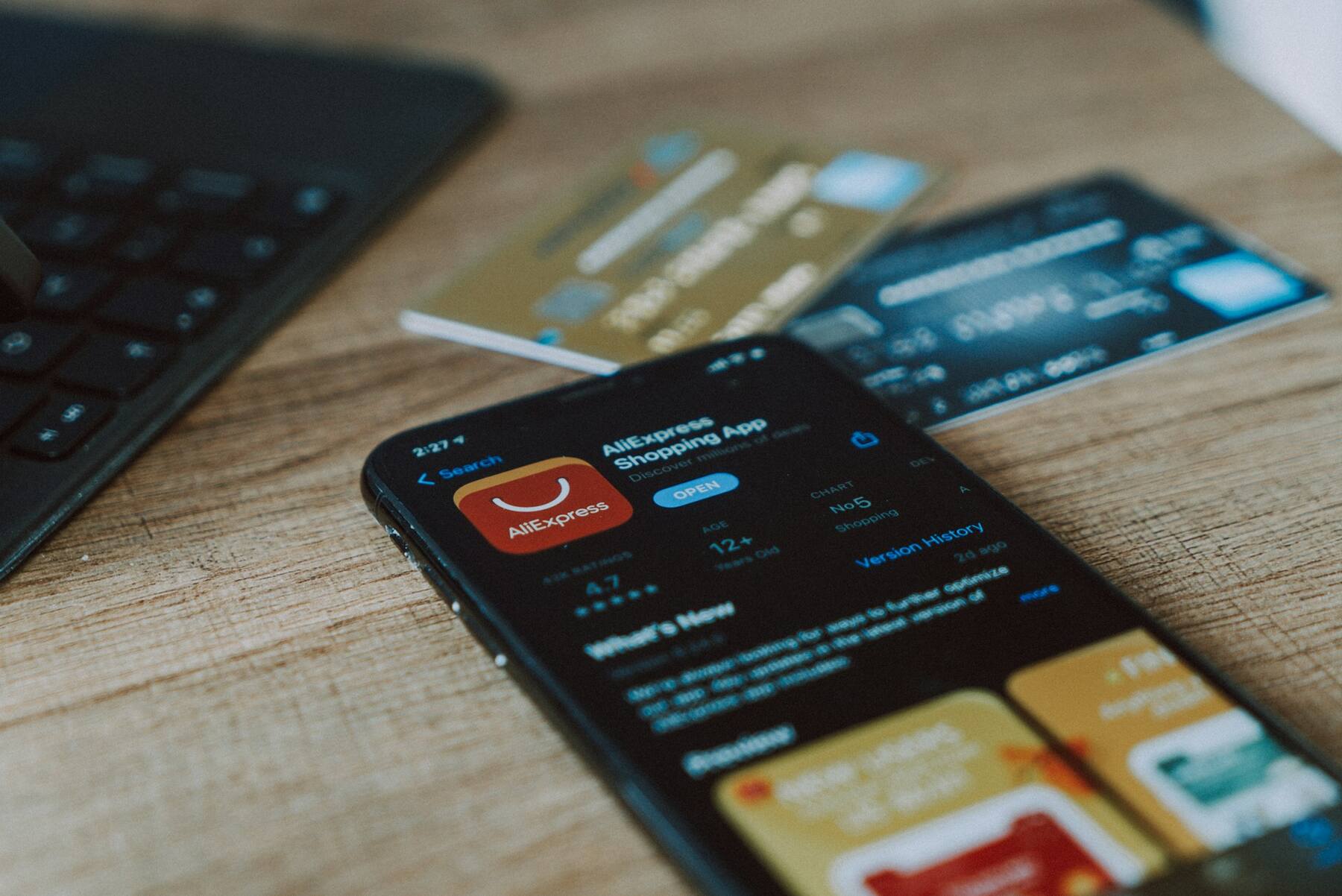It’s frustrating when you can not cancel an unwanted charge on your Capital One card. Even more so when you cannot reach the seller, or they refuse to withdraw the charge.
Feeling that there has to be a way to counter it, I conducted thorough research and found the answer. This article informs you how to block a merchant on a Capital One credit card.
How to Block a Merchant on a Capital One Credit Card
You can block a merchant on a Capital One card through your mobile app. You should tap “View All” in the “Upcoming Bills” section. Once you see the whole list of your payments, you can click on the three dots in front of the merchant you want to block.

Finally, tap on “Block Future Charges.” Select it again in the red pop-up that will appear next. Once you have blocked a merchant, it will be marked as “Blocked” in your payments list.
Remember that blocking a business does not mean your recurring payments won’t pile up. You still have to contact them to cancel your charges. Also, you can only block some merchants because the issuer is working on adding more business types to the blockable list.
More Ways to Halt Payments on Your Credit Card
You can block a business from charging your card anytime. Besides the standard method of blocking through the app, you can turn to other strategies to avoid unwanted payments.
Contact the Seller
The best way to cut off a charge is to ask the business to do it. You can gather the proofs, such as receipts or card statements, to present your case.
Generally, the sellers are considerate if you correspond in a good mood. Avoid being unnecessarily rude and angry.
Dispute a Charge
You can file a dispute with Capital One if:
- The merchant charged more than the amount you agreed upon before the transaction.
- You did not receive your purchases or required services even after the payment.
- The quality of the items or services you received differed from the terms and conditions.
Nonetheless, it would help if you started by contacting the business first. If they refuse to refund or re-compensate you, you can file a dispute with the card issuer. You can start a dispute by finding that particular transaction under “Recent Transactions” in your mobile app.
If the transaction is older, select “Load Previous Statement” under “Posted Transactions Since Your Last Statement.” Then select “Report a Problem”. You will receive a temporary credit until the bank investigates it. That said, it is unwise to dispute because you want to return your purchase and get a refund.

Lock Your Card
It is an extreme measure, and you should reconsider before going through it. Although card lock blocks most payments, it negatively affects your credit history.
You can lock your card via the mobile app by selecting “Card Lock” under the “Need Help?” section. Then tap “Yes, Lock This Card” to complete the procedure. You can unseal it just as quickly.
Ideally, you do it only when you suspect fraudulent activity. Suppose you find a merchant charging you for something you did not authorize. In that case, you can lock your card as an immediate security measure. Then, you should call the issuer for further investigations.
Reasons to Block a Merchant on Your Credit Card
You do not need to block businesses on your card every day. It can be rare for most consumers, and many may not have to do it. However, there are several reasons to block a seller from charging your card.
Stopping Forgotten Recurrent Payments
You block when you can not unsubscribe immediately. You can block the business through the app or ask the bank to do it.
Nonetheless, blocking does not stop the sellers from charging you. You may need to contact them or your card issuer again to cancel it.
You Did Not Receive What You Paid for
You may be disappointed with the quality of your purchases. The seller may have displayed a good-quality product and sold you a poor one.
It can also mean that you did not receive any items you bought or your order was delivered incomplete. You can block those payments from your end if the merchant refuses to compensate you.
The same can happen with services. The provider may not have done everything you asked in your agreement. You may not have received the service even after paying for it.
You Did Not Make That Transaction
Although card issuers are ever-vigilant, you may still become a victim of card fraud. Take immediate action if you find a business charging you for something you did not authorize.
In most cases, just blocking the business shouldn’t be your only measure. You should lock your card and contact your card company to investigate the matter.

Related Questions
Can a Vendor Charge My Credit Card Without My Permission?
No, a vendor can not charge your card without your permission. You will have to authorize transactions to go through. If you forgot to cut off subscriptions, you can simply unsubscribe by contacting the seller.
How Do I Lock My Capital One Card Pending Transactions?
You can lock your Capital One card pending transactions through your mobile app. You will find the option in the Help section. Despite that, your recurring payments may continue. You might see a pile-up when you unseal your card again.
How Do I Block a Merchant from My Card in Google Wallet?
You can block a merchant from your card in Google Wallet by asking them to stop charging you. If they refuse, you can request that your card issuer take action. They will ask for proof and block the merchant after investigation.
Conclusion
You can prevent a merchant from your credit card through your Capital One mobile app. It might be a temporary solution, though, especially for recurring payments. Other ways of blocking a business from your card include claiming a dispute or card lock. Nonetheless, talking to the seller directly should be your first step.